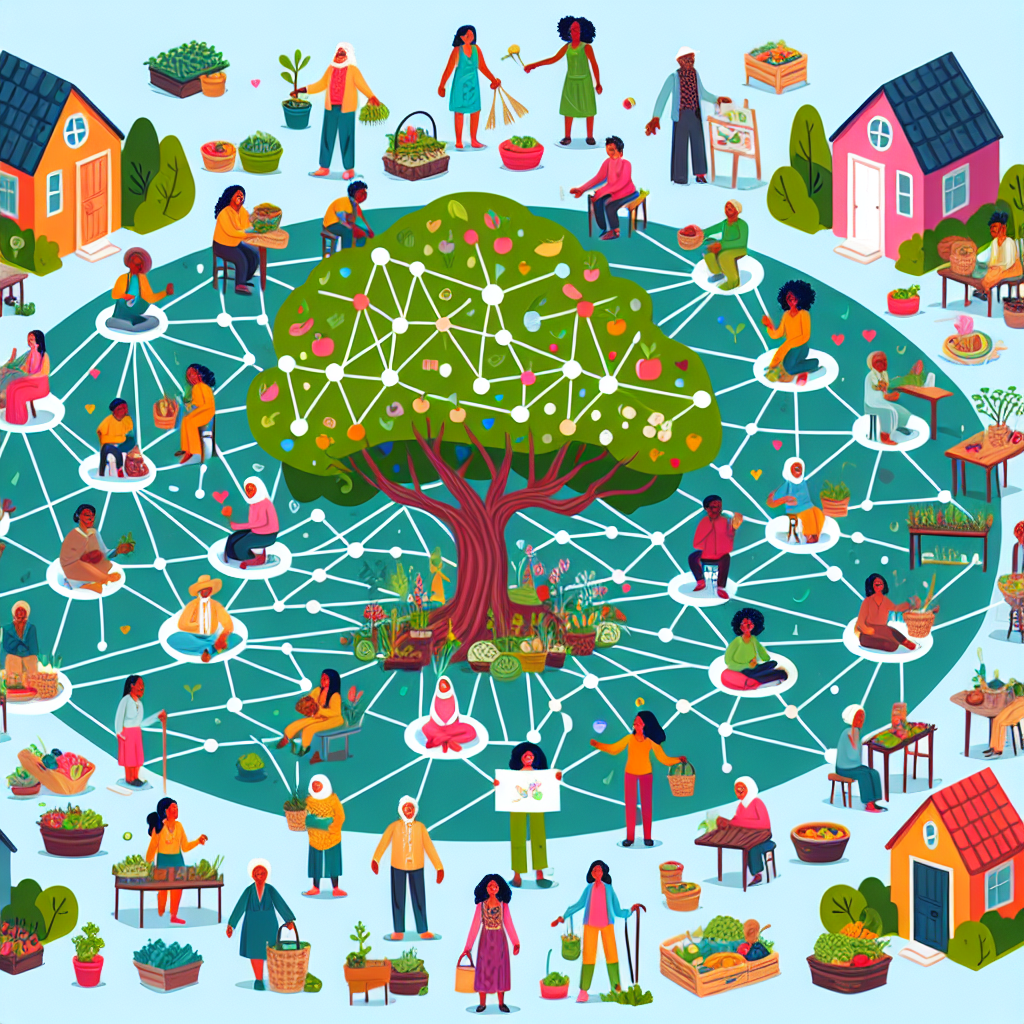Hyperlocal Heroes: Mutual Aid Networks Rise Amid Shifting Federal Focus
In the wake of Hurricane Maria's devastation in Puerto Rico, mutual aid networks have become vital for disaster response. With Trump administration reforms potentially reducing federal involvement, local communities are strengthening their preparedness. Experts warn of increased disaster risks and emphasize the need for grassroots initiatives and state investment.

Amid shifting federal disaster response priorities, grassroots networks have emerged as resilient community lifelines. Following Hurricane Maria in Puerto Rico, local mutual aid groups played an essential role in rebuilding efforts, clearing pathways and supporting neighbors with necessities.
Facing potential federal funding cuts, these networks are doubling efforts to scale up their initiatives. With President Trump's administration hinting at reduced federal involvement, local aid organizations are fortifying their capabilities as experts warn of increased disaster risks amid climate change.
Organizations like Team Rubicon and Climate Justice Alliance are not only filling gaps left by federal agencies but are also fostering community resilience through mobilization and resource sharing. As volunteers rally, organizers emphasize the irreplaceable role of mutually supportive networks in disaster preparedness and recovery.
(With inputs from agencies.)
ALSO READ
Gries Glacier's Alarming Retreat: A Chilling Tale of Climate Change Impact
Arunachal Pradesh Strengthens Disaster Preparedness with Statewide Mega Mock Drill
Climate Change Alters Girls' Menarche Timing: A Study's Revelations
Sikkim Strengthens Disaster Preparedness with Community Empowerment
Exports, climate change and political instability threatens food security in ECO region










